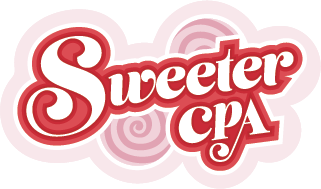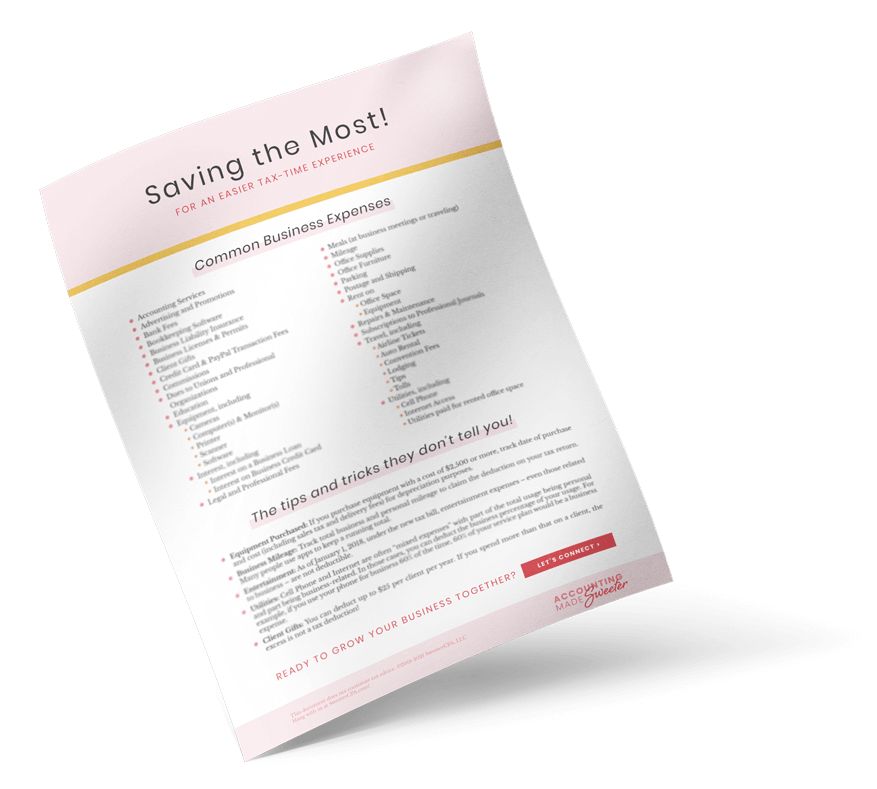Resources:
Why YOU should care:
Good records will help you monitor the progress of your business, prepare your financial statements, identify sources of income and expenses, and prepare your tax returns. Should you be audited, a good recordkeeping system could save the day.
Kinds of Records To Keep:
Legally, as long as your recordkeeping system clearly shows your income and expenses, you are – with few exceptions – allowed to use any system that suits your needs.
Your recordkeeping system is dependent on your accounting method – cash or accrual method – so be sure to set up your books accordingly. Every business in which you are engaged should have its own set of books and records.
What are “books”? Your accounting journals and ledgers, either in an electronic system or hard copy. A journal is a book in which you record every business transaction. You may have many different journals – one for each type of transaction. A ledger contains the totals from all your journals and is organized into different accounts.
In addition to sources of income and expense, your recordkeeping system must also maintain supporting documents to verify these amounts.
Supporting Documents
Business activities such as purchases, sales, and bank transactions create “documents.” These documents are support in that they coraborate the date and amount of your business activities. In an increasingly online environment, these documents may be entirely electronic.
The most common way to organize these documents is first by year and then by type of income or expense. The “best method,” however, is the one you will stick to and use.
What type of transactions need supporting documents?
- Gross receipts – document the amounts, sources, and dates of all your income.
- Purchases – document any raw materials used in your manufacturing process (if you produce inventory) and all business-related purchases of assets and office supplies.
- Expenses – in order to sustain a deduction for business expenses, you must record the amount, date, and purpose.
- Travel – certain business travel expenses (e.g., conferences, craft shows) and/or your means of travel (e.g., mileage on your car) are deductible. Keep track of amounts, dates, and distances driven.
- Gifts and Entertainment – entertaining clients? Keep track of the amount and date.



